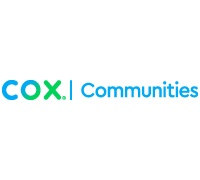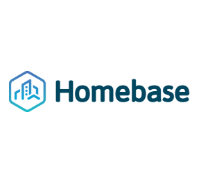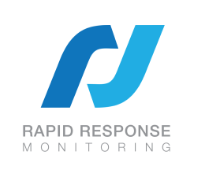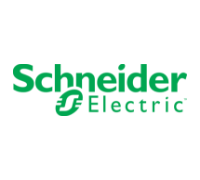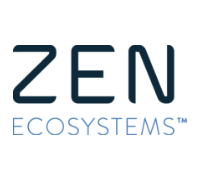Southern California Edison: Integrating renewable electrical resources into the grid is a major challenge
Mauro Dresti, Senior Manager, Demonstrations & Pilots: Product Development & Division Management, Southern California Edison, provided insight on several key industry trends for Parks Associates’ eighth-annual Smart Energy Summit: Engaging the Consumer, which will be held February 20-22 at the Four Seasons Hotel in Austin, Texas:
What do you think is the most challenging issue for your company as it relates to the residential energy management market?
The most challenging issue in California is developing programs which are not only engaging but also cost effective and allow for customer choice in the products that participate in the  market. The end goal must be that products which customers choose to put into their homes should be able to natively participate in utility efficiency and demand response programs – and not just rely on pre-vetted products which utilities place in in the customer’s homes.
market. The end goal must be that products which customers choose to put into their homes should be able to natively participate in utility efficiency and demand response programs – and not just rely on pre-vetted products which utilities place in in the customer’s homes.
What are the major challenges that your business must address in 2017? In 2020?
As a regulated utility, it’s currently a) a changing regulatory environment in California, b) the need to upgrade and maintain the existing electrical infrastructure and c) integration of renewable electrical resources into the grid.
What are the major barriers impacting consumer adoption of energy related products and services?
There are three: a) The perceived value of energy products by the customers as it relates to the actual value, b) the perceived value of energy products by vendors/manufacturers as it relates to the actual value and c) the lack of adaption of standards by the utility industry across the USA increasing cost for delivery of energy products.
What are the biggest opportunities for the smart home industry to work with the utility industry?
From what we’ve experienced at Southern California Edison it is in vendors participating in programs which reduce energy usage in a cost effective manner without impacting the customer’s lifestyle.
What impact will smart products and smart home services have on consumer adoption of energy solutions?
Energy solutions are currently secondary to the customer. Home automation and smart products which simplify a customer’s life are what is being adopted by the market place. If the smart product also has built-in capabilities of reducing energy consumption and responding to DR events without customer intervention then the manufacturer has an ability to add another income stream to their product through services provided to the utility – increasing their margins.
Dresti will speak on the session “Incentivizing the Smart Home: Demand Response and Engagement” on Tuesday, February 21 at 9:00 a.m. Other speakers on the panel include Gulf Power, Nest Labs, Reliant/NRG, and Grid4C.
For more information on the Smart Energy Summit, visit www.SES2017.com or register by clicking here.
Previous: Innovative smart products are driving adoption of energy solutions: Insights from Stem




 market. The end goal must be that products which customers choose to put into their homes should be able to natively participate in utility efficiency and demand response programs – and not just rely on pre-vetted products which utilities place in in the customer’s homes.
market. The end goal must be that products which customers choose to put into their homes should be able to natively participate in utility efficiency and demand response programs – and not just rely on pre-vetted products which utilities place in in the customer’s homes.



